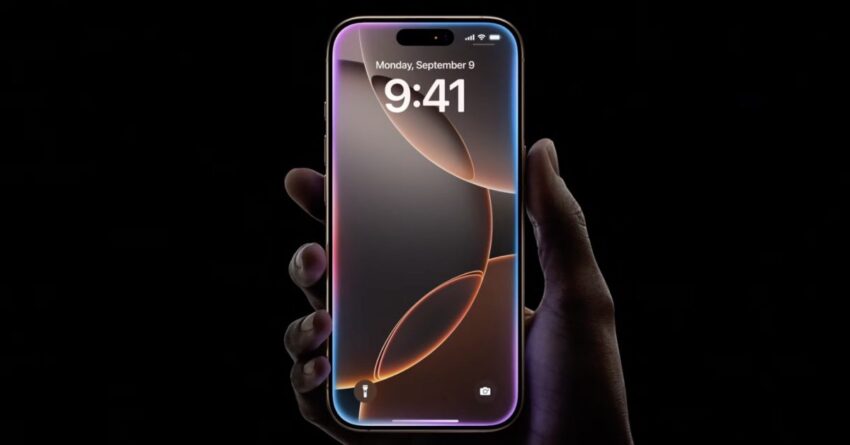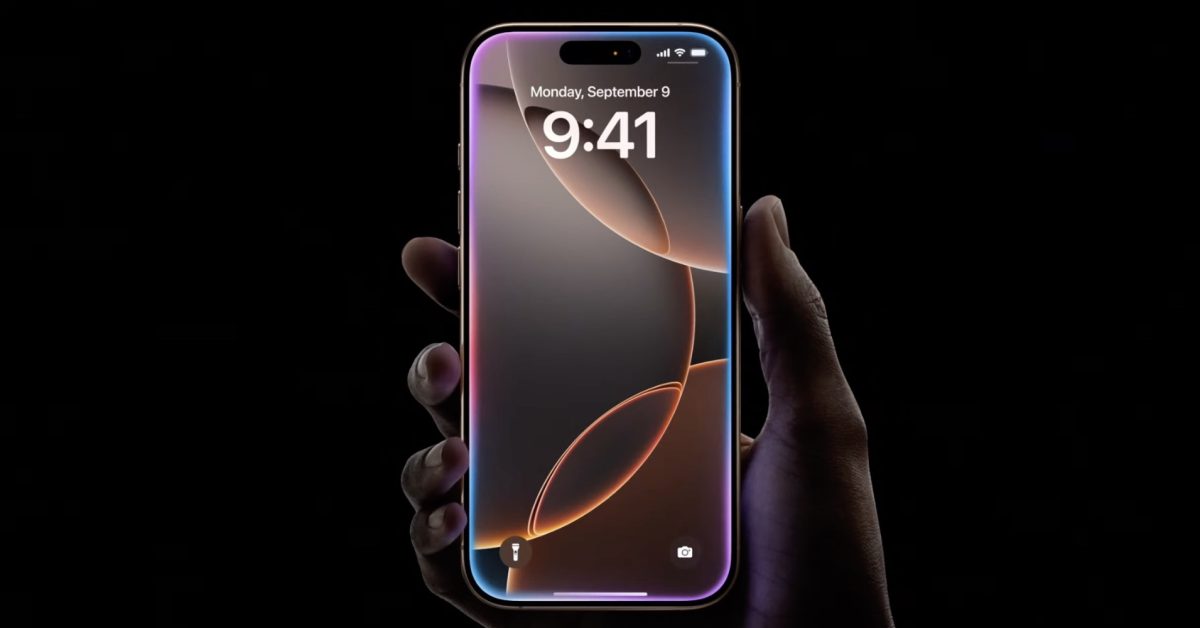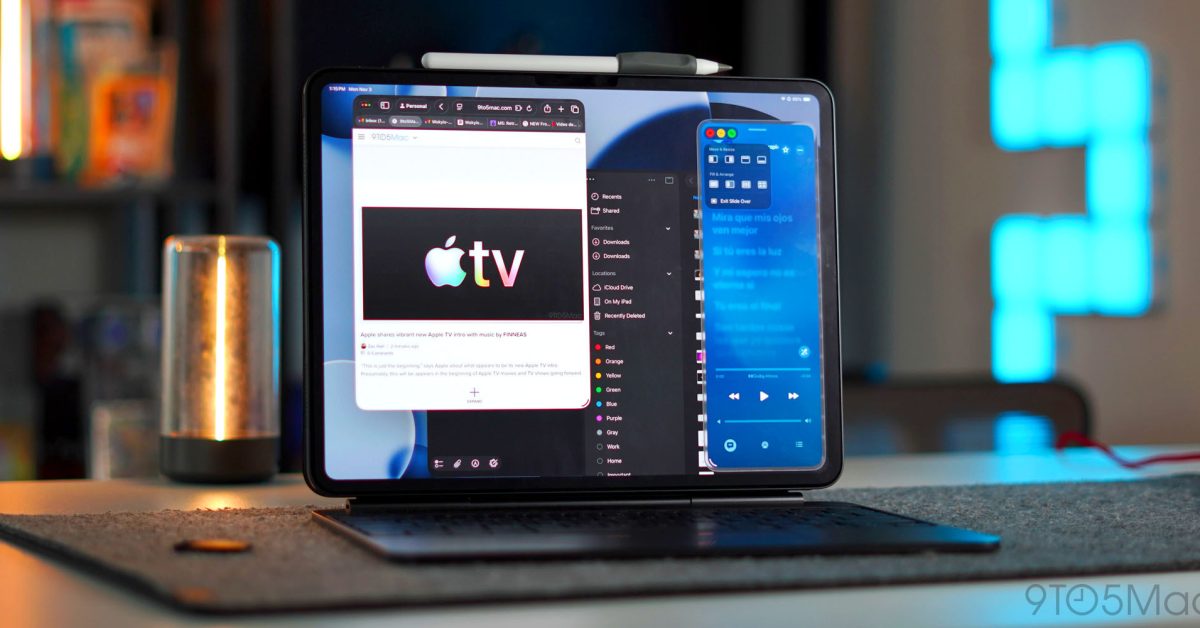
ios 26 2 leak shows iphone might Recent leaks regarding iOS 26.2 suggest that Apple may soon allow users to replace Siri with third-party voice assistants as the default option on iPhones.
ios 26 2 leak shows iphone might
Overview of iOS 26.2 Beta 3
Apple’s latest update, iOS 26.2 beta 3, has introduced several new features and enhancements that have caught the attention of developers and tech enthusiasts alike. Among these updates are improvements to AirDrop and enhancements to the Measure app, which have been well-received. However, the most significant revelation from this beta version is the potential for users to replace Siri, Apple’s built-in voice assistant, with third-party alternatives.
New Features in iOS 26.2 Beta 3
The iOS 26.2 beta 3 update includes a variety of features aimed at improving user experience. Some of the notable enhancements are:
- AirDrop Upgrade: The update hints at a more robust AirDrop functionality, which may include faster transfer speeds and improved connectivity options.
- Measure Enhancements: The Measure app has received updates that enhance its usability, making it easier for users to measure objects and distances accurately.
While these features are certainly beneficial, the most intriguing aspect of this update lies in the potential shift in how users interact with voice assistants on their devices.
Replacing Siri: A Game-Changer for iPhone Users
The possibility of replacing Siri with a third-party assistant marks a significant shift in Apple’s approach to voice technology. Historically, Apple has maintained a closed ecosystem, favoring its own services over those of competitors. This change could indicate a willingness to adapt to user preferences and the competitive landscape of voice technology.
Implications of Allowing Third-Party Assistants
Allowing users to select a third-party assistant as their default option could have several implications:
- Increased Competition: By enabling third-party assistants, Apple may foster a more competitive environment, encouraging developers to innovate and improve their offerings. This could lead to better overall voice assistant technology.
- User Empowerment: Users will have the freedom to choose the assistant that best meets their needs, which could enhance user satisfaction and loyalty to the platform.
- Potential Challenges: While this change could be beneficial, it may also present challenges for Apple. The company will need to ensure that integrating third-party assistants does not compromise the security and privacy of its users.
Stakeholder Reactions
The potential for replacing Siri has elicited a range of reactions from stakeholders in the tech industry. Developers, users, and industry analysts have all weighed in on the implications of this change.
Developers’ Perspectives
Many developers view this move as a positive step toward greater flexibility and innovation. By allowing third-party assistants, Apple is acknowledging the competitive landscape in which it operates. Developers of popular voice assistants, such as Google Assistant and Amazon Alexa, have expressed enthusiasm about the opportunity to reach a broader audience.
One developer noted, “This is a significant opportunity for us to showcase the capabilities of our assistant on a platform that has traditionally favored Siri. We believe that users will appreciate the choice and the unique features that our assistant can offer.”
User Sentiment
Users have also expressed a mix of excitement and skepticism regarding the potential change. Many iPhone users have long been critical of Siri’s limitations compared to other voice assistants. The prospect of being able to choose an alternative has generated enthusiasm among those who feel that Siri has not kept pace with advancements in voice technology.
One user commented, “I’ve always found Siri to be lacking in certain areas, especially when it comes to understanding context. If I can switch to a more capable assistant, I would definitely consider it.”
Industry Analysts’ Insights
Industry analysts have offered insights into the broader implications of this potential change. Some believe it could signal a shift in Apple’s overall strategy, moving towards a more open ecosystem. Others caution that while this change may enhance user experience, it could also dilute the brand identity that Apple has cultivated around Siri.
According to one analyst, “This move could be seen as a response to the growing popularity of third-party assistants. Apple has always been protective of its ecosystem, but this could indicate a willingness to adapt to user preferences and market trends.”
Technical Considerations
From a technical standpoint, integrating third-party voice assistants into the iPhone’s operating system presents several challenges. Apple will need to ensure that these assistants can operate seamlessly alongside Siri, without causing conflicts or performance issues.
Security and Privacy Concerns
One of the primary concerns surrounding the integration of third-party assistants is the potential impact on user security and privacy. Apple has built its reputation on prioritizing user privacy, and any changes that compromise this could lead to backlash from users and privacy advocates.
To address these concerns, Apple will likely implement strict guidelines for third-party assistants, ensuring that they adhere to the same privacy standards that Apple users expect. This may include limitations on data collection and sharing practices.
User Experience and Interface Design
Another consideration is how the user experience will be affected. Apple will need to ensure that switching between Siri and third-party assistants is intuitive and user-friendly. This may involve redesigning certain aspects of the iOS interface to accommodate the new functionality.
Feedback from beta testers will be crucial in refining this feature before its official release. Apple has a history of iterating on user feedback to enhance its products, and this situation is likely to be no different.
Future of Voice Assistants on iOS
The introduction of third-party voice assistants on iOS could pave the way for future developments in voice technology. As users become more accustomed to having choices, it may lead to further innovations in how voice assistants interact with users and their environments.
Potential for Enhanced Features
With increased competition, developers may be incentivized to create more advanced features for their voice assistants. This could include improved natural language processing, better contextual understanding, and more personalized interactions.
For instance, a third-party assistant may offer unique capabilities that cater to specific user needs, such as integration with smart home devices or specialized knowledge in certain domains. This could enhance the overall utility of voice assistants on iOS devices.
Long-Term Implications for Apple
In the long term, Apple’s decision to allow third-party assistants could reshape its relationship with developers and users. By embracing a more open approach, Apple may strengthen its position in the competitive landscape of voice technology.
However, this shift also carries risks. If third-party assistants gain significant traction, it could challenge Siri’s relevance and impact Apple’s brand identity. Balancing innovation with brand loyalty will be crucial for Apple as it navigates this new territory.
Conclusion
The potential for iPhone users to replace Siri with third-party voice assistants represents a significant development in Apple’s approach to voice technology. As iOS 26.2 beta 3 rolls out, the tech community will be closely monitoring user feedback and the implications of this change. With increased competition, enhanced features, and a focus on user empowerment, the future of voice assistants on iOS could be more dynamic than ever.
Source: Original report
Was this helpful?
Last Modified: November 18, 2025 at 12:36 pm
1 views















